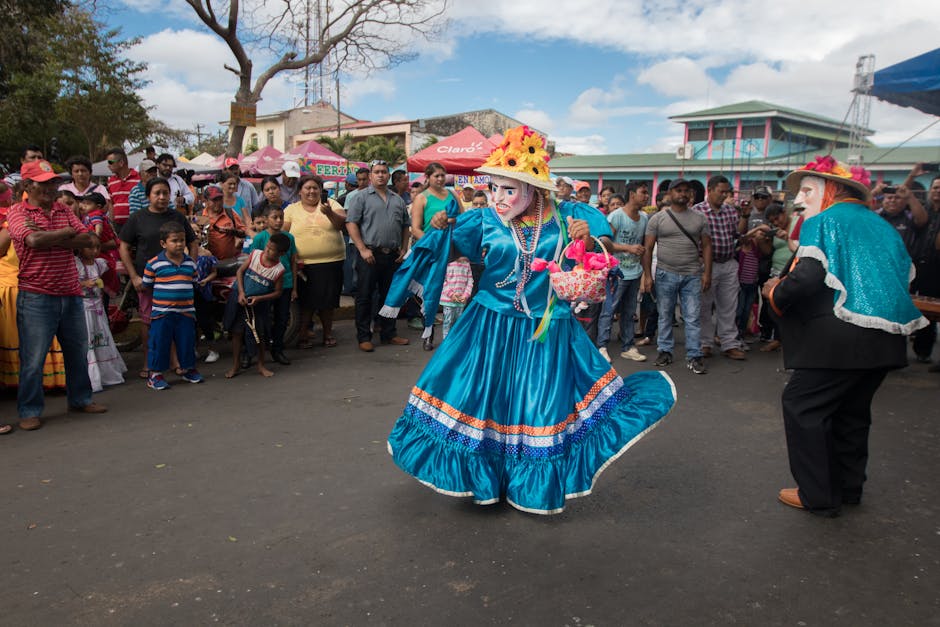
Cultural Significance of Symbols in Latin Folklore
In Latin folklore, symbols play a vital role in expressing cultural values, beliefs, and traditions. These symbols hold deep meanings and have been passed down through generations, enriching the cultural heritage of Latin communities.
One of the most iconic symbols in Latin folklore is the cross. The cross holds immense religious significance and represents the fusion of indigenous beliefs with Christianity in Latin American cultures. It symbolizes faith, devotion, and the resilience of the people.
Another prominent symbol in Latin folklore is the corn. Corn has been a staple crop in Latin America for centuries, and it holds spiritual symbolism related to fertility, sustenance, and abundance. It represents the connection between humans, nature, and the divine.
One cannot discuss symbols in Latin folklore without mentioning the jaguar. The jaguar is seen as a powerful and sacred creature, capable of connecting the earthly and spiritual realms. In many indigenous cultures, the jaguar symbolizes strength, courage, and protection.
The moon is yet another symbol that holds great cultural significance in Latin folklore. It represents femininity, intuition, and the cycle of life. Latin American folklore is replete with stories and traditions associated with lunar deities and the moon's influence on human emotions and behaviors.
These symbols in Latin folklore have influenced various forms of artistic expressions, including traditional dances, music, and visual arts. They serve as a powerful means of preserving cultural identity and connecting communities within Latin America and beyond.
Symbolism-in-Latin-American-myths-and-legends
Historical-roots-of-Latin-American-symbolism
Indigenous-symbols-in-Latin-American-culture
Interpretation-of-symbols-in-Latin-American-folklore
The-influence-of-Latin-American-symbols-on-contemporary-society
Magical-and-mystical-elements-in-Latin-American-folklore
Latin-American-symbolism-in-literature-and-art
The-role-of-symbols-in-rituals-and-ceremonies-in-Latin-American-traditions
Contemporary-reinterpretations-of-Latin-American-folklore-symbols-
